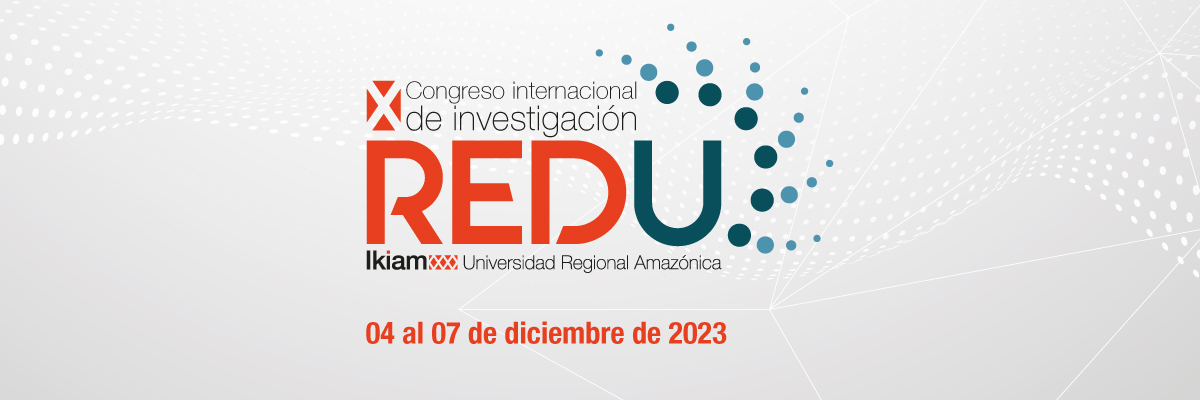Ponente
Descripción
Most climate risk assessment studies in Ecuador have focused their analysis on the use of socioeconomic infrastructure indicators. However, in regions such as the Amazon, where biodiversity, plurinationality and natural resources abound. New methods need to be adopted. In this context, Amazonian communities lack information on the potential risk of climate change threats. Climate hazards can impact water resource availability, reduce biodiversity and increase the vulnerability of socioeconomic infrastructures, compromising these populations' stability. Therefore, this study aims to determine climate risk in 5 communities located in the buffer zone of the Colonso Chalupas Biological Reserve (RBCC), incorporating blue and green infrastructure indicators. The data for the analysis was obtained through on-site surveys and complemented with secondary information and spatial analysis. A multivariate data analysis was performed using fuzzy logic applied to geographic information systems (GIS). Since its different normalization and aggregation functions are ideal for working with complex databases of different magnitudes. In addition, a sensitivity analysis was applied to determine the indicators that have the greatest positive and negative influence on the risk calculation. The main findings showed that although Amazonian communities have fragile socioeconomic infrastructures, their current environmental contexts, such as access to water resources, their location in low contaminated water sources, the presence of ecosystem services and the preservation of native forests, still increase their resilience and adaptive capacity in the face of prominent climatic events. This study presents an approach to the effects of climate change in Amazonian communities, as a tool to improve territorial planning capacities and contribute to target 13.b of Sustainable Development Goal (SDG) 13.
| Temáticas | Climatología e hidrometeorología |
|---|---|
| Área/Area | Cambio climático |
| Institución de afiliación del ponente | University of Salzburg |
| Contexto de la investigación | Presente |

